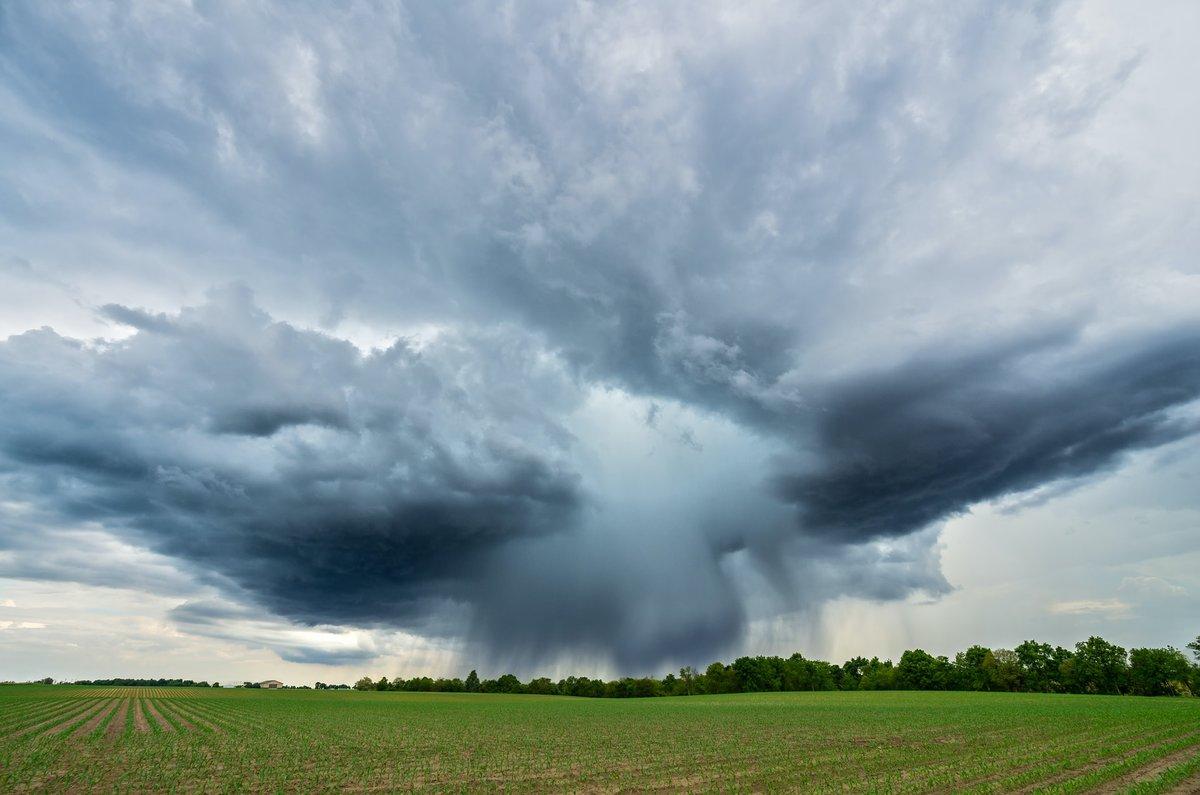AUTHORS: Nora Hiller – Faustine Bas-Defossez
IEEP is convening discussions with a group of stakeholders on agricultural R&I, with a focus on Horizon Europe. In light of the proposed budget cuts by the Council, stakeholders voice their support for appropriate funding for vital research, in line with the Parliament’s and Commission’s budget position.
In light of the start of the Horizon Europe Missions, and the R&I programme’s future-oriented scientific work, appropriate funding for research is key in the coming years. The programme for research and innovation, with the aim to strengthen the scientific bases of the European Union, fosters its competitiveness in all Member States and contributes to sustainability strategies and objectives – such as the European Green Deal and the Sustainable Development Goals.
While the Multi-Annual Financial Framework (MFF), set the budget direction until 2027, the yearly budget is agreed on by the European institutions each year. The Council had suggested to reduce the overall 2022 budget, including a EUR 316 million cut to Horizon Europe. MEPs commented in the last weeks, saying that Horizon is a successful programme, contributing to important research for sustainability and competitiveness.
On Wednesday, 20 October, the Parliament voted on the budget position for 2022, with which it will go into the negotiations. One goal was to allocate funding where most needed for recovery from the pandemic. Overall, the position reversed the Council cuts, putting it back to the original level as proposed by the Commission. Horizon Europe and other vital programmes saw their funding increased in this draft budget – EUR 305 million on top of the Commission’s proposed budget. The trilogues take place over the next weeks, with a decision on next year’s budget scheduled for the November II Plenary. Already now, the Slovenian presidency signalled that the increase in budget would not be accepted by Member States.
Based on IEEP’s focus on agricultural R&I, the institute convenes discussions on sustainable agriculture and R&I with a group of public and private stakeholders. With a focus on Horizon Europe, the group examined the programmes opportunities to leverage investment for innovative ways to implement and optimise systems and increase new research efforts in agriculture to deliver more sustainable food systems. As such, there is concern over the potential cuts to the 2022 budget and the need to voice the importance of R&I investments. By individual or organisation contribution, the stakeholders agreed to share a statement for upholding the R&I budget, in line with the negotiation position of the European Parliament. The statement reads as follows:
‘Horizon Europe presents a vital programme for research and innovation, with the aim to strengthen the scientific bases of the European Union, foster its competitiveness in all Member States and contribute to sustainability strategies and objectives –such as the European Green Deal and the Sustainable Development Goals. Reducing the 2022 budget by EUR 316 million, as proposed by the Council, goes against scientific evidence on research and implementation action needed to meet the EU’s and global environmental goals. Particularly in light of the start of the Horizon Europe Missions, which are essential to combining R&I on the ground, monitoring and training, the budget should be revised to be in line with the ambitions of the European Commission and proposed additional funding of EUR 305 million by Parliament.’
The statement is supported by:
The following organisations: ecoRobotix SA, TP Organics, European Rural Development Network, Good Food Institute, TMG, the European Environmental Bureau (EEB)
The following people: Professor Robert D. Hall (Deputy Business Unit Manager Bioscience and Professor of Plant Metabolomics at Wageningen University), Jean-François Hulot (agronomic engineer, agro-economist, associate with IEEP), Dr. Zbigniew Floriańczyk (Institute of Agricultural and Food Economics – NRI), Professor Barbara Wieliczko (Institute of Rural and Agricultural Development of the Polish Academy of Sciences), Professor Konrad Czapiewski (Stanisław Leszczycki Institute of Geography and Spatial Organization Polish Academy of Sciences).
DISCLAIMER: Individuals mentioned above have signed this statement independently. This statement must therefore not be associated with their organisations or interpreted as the general position of their organisations as a whole.
© Photo by NOAA on Unsplash

